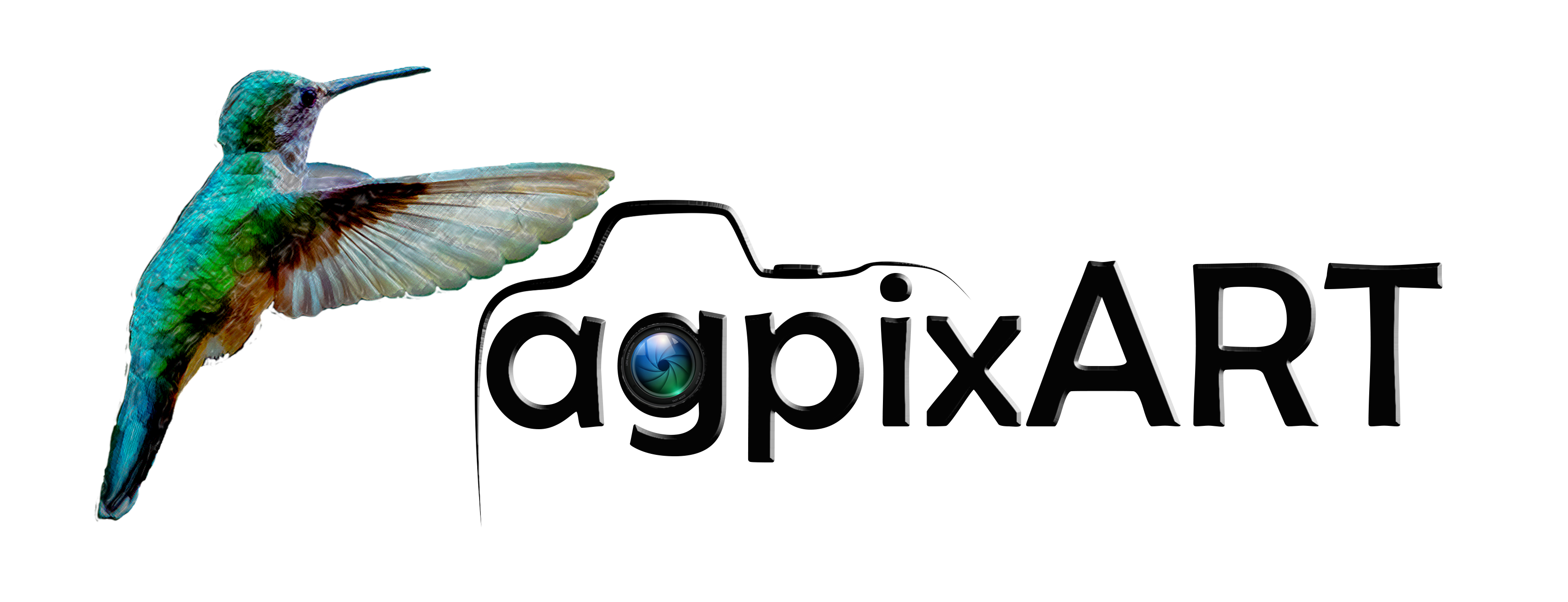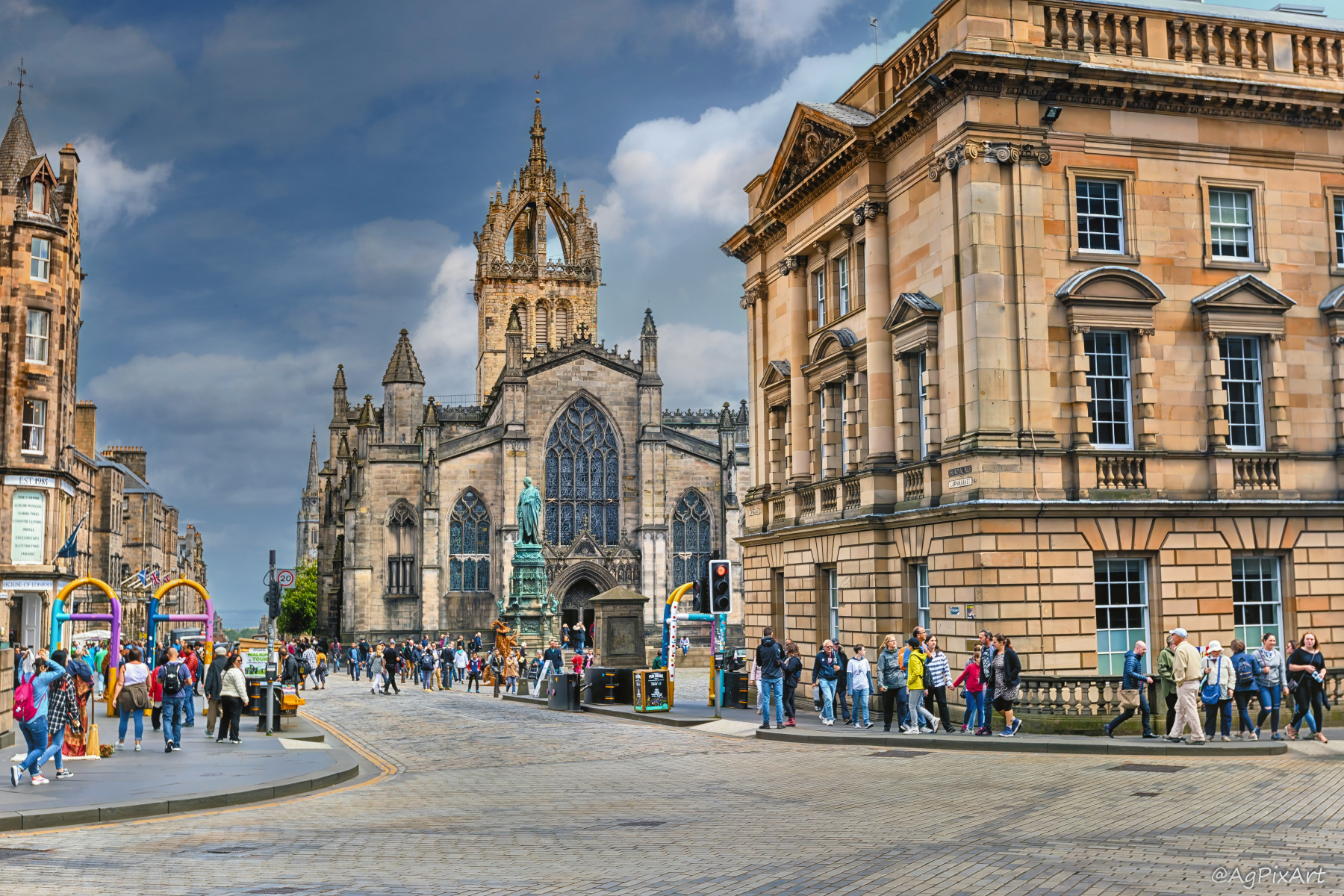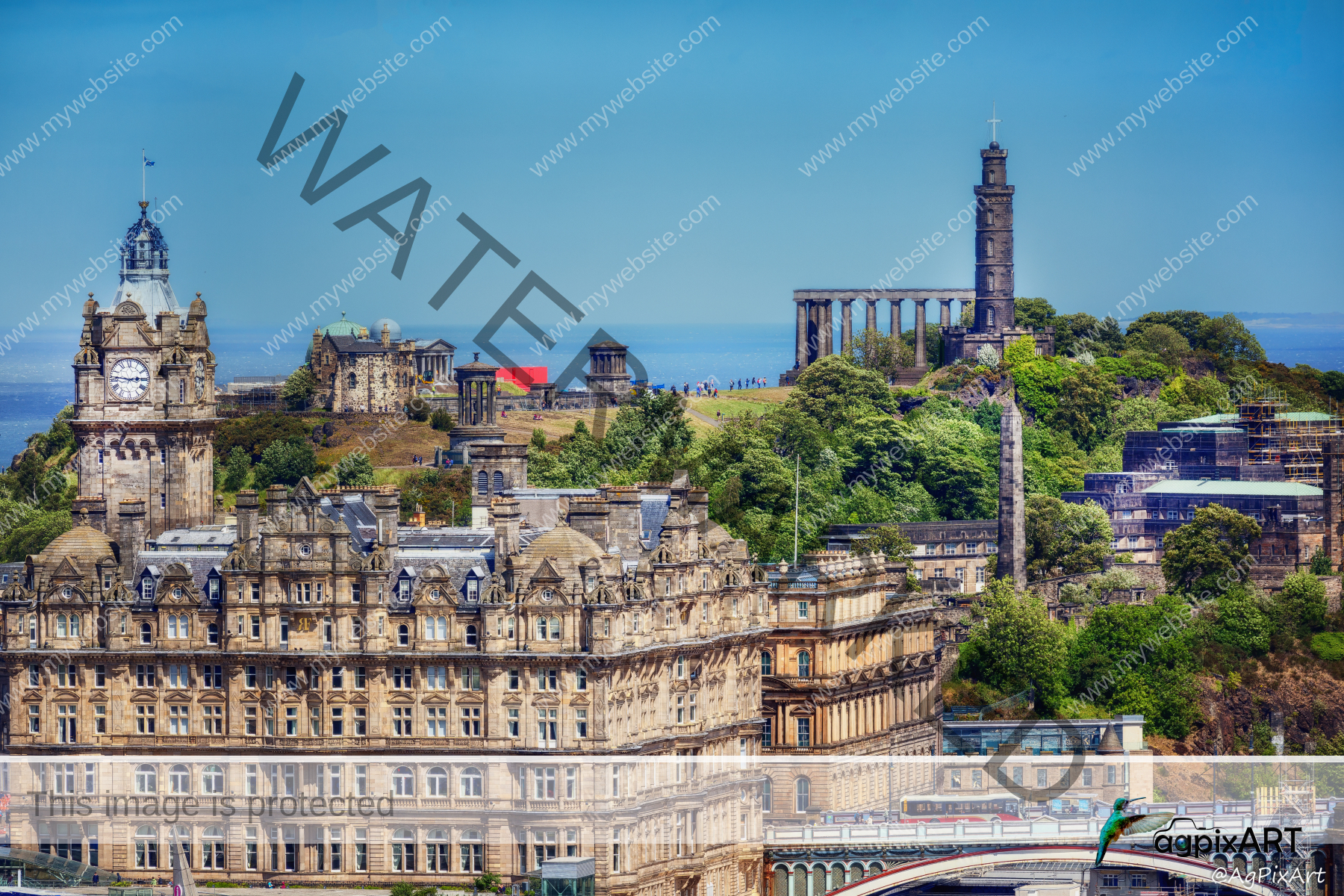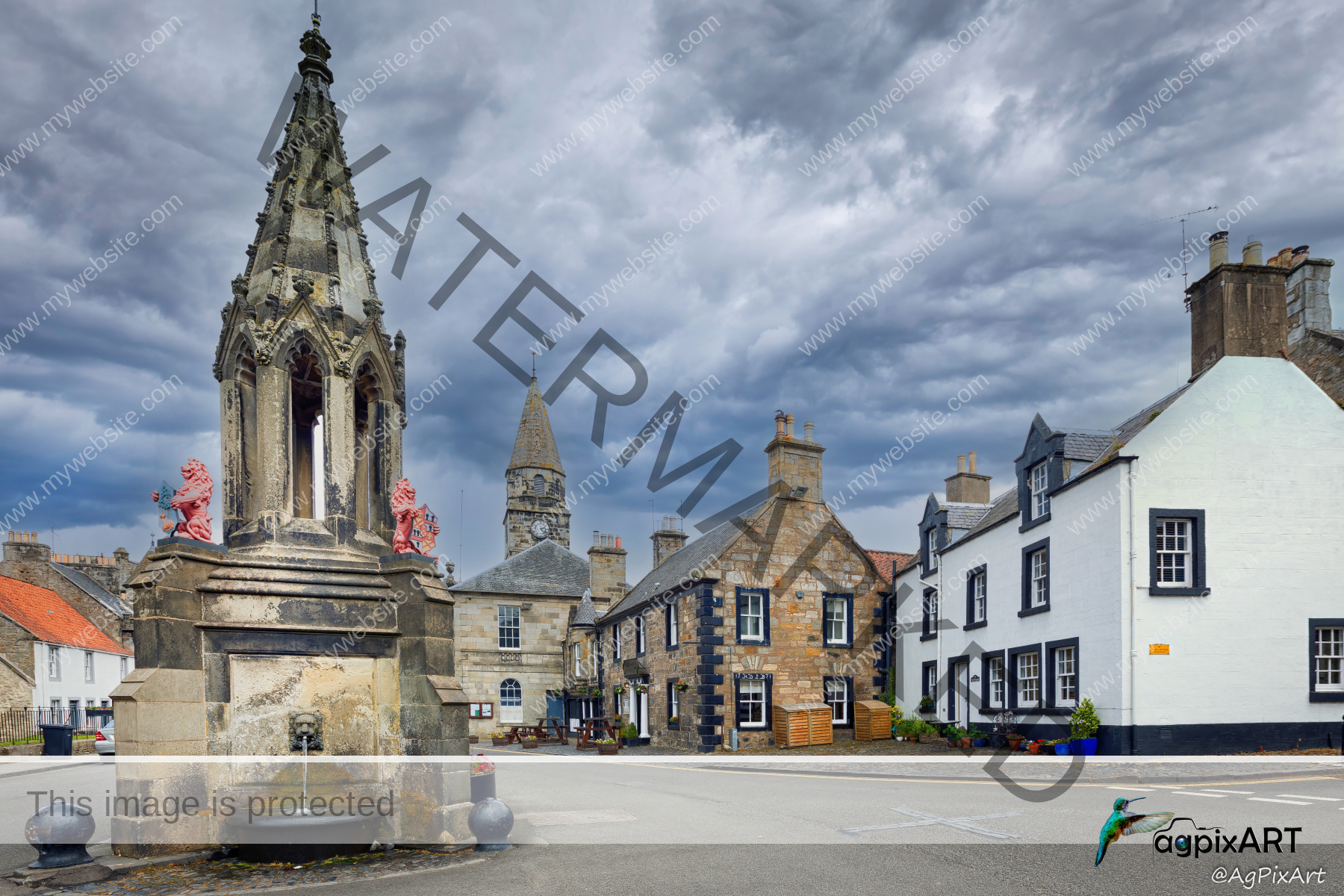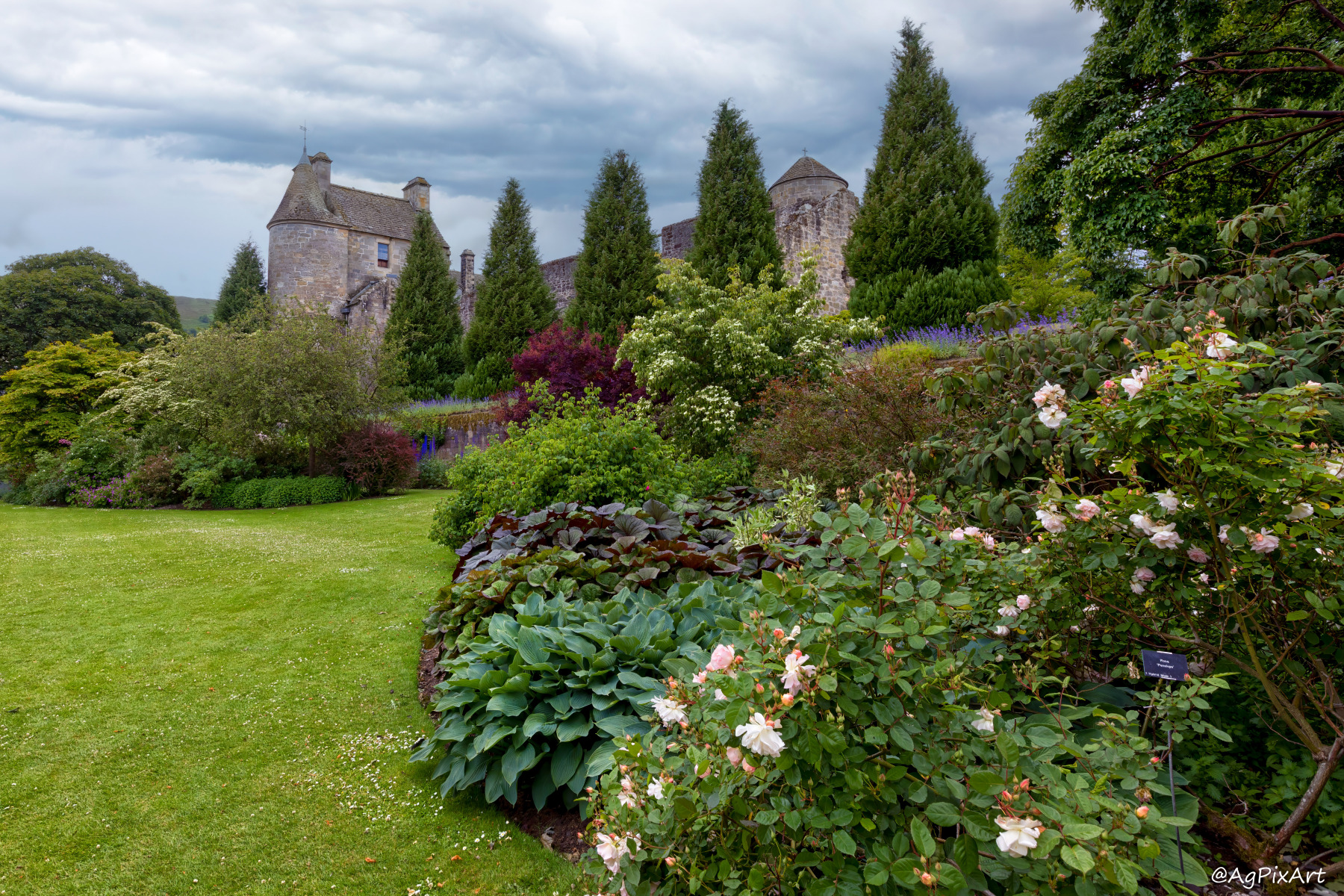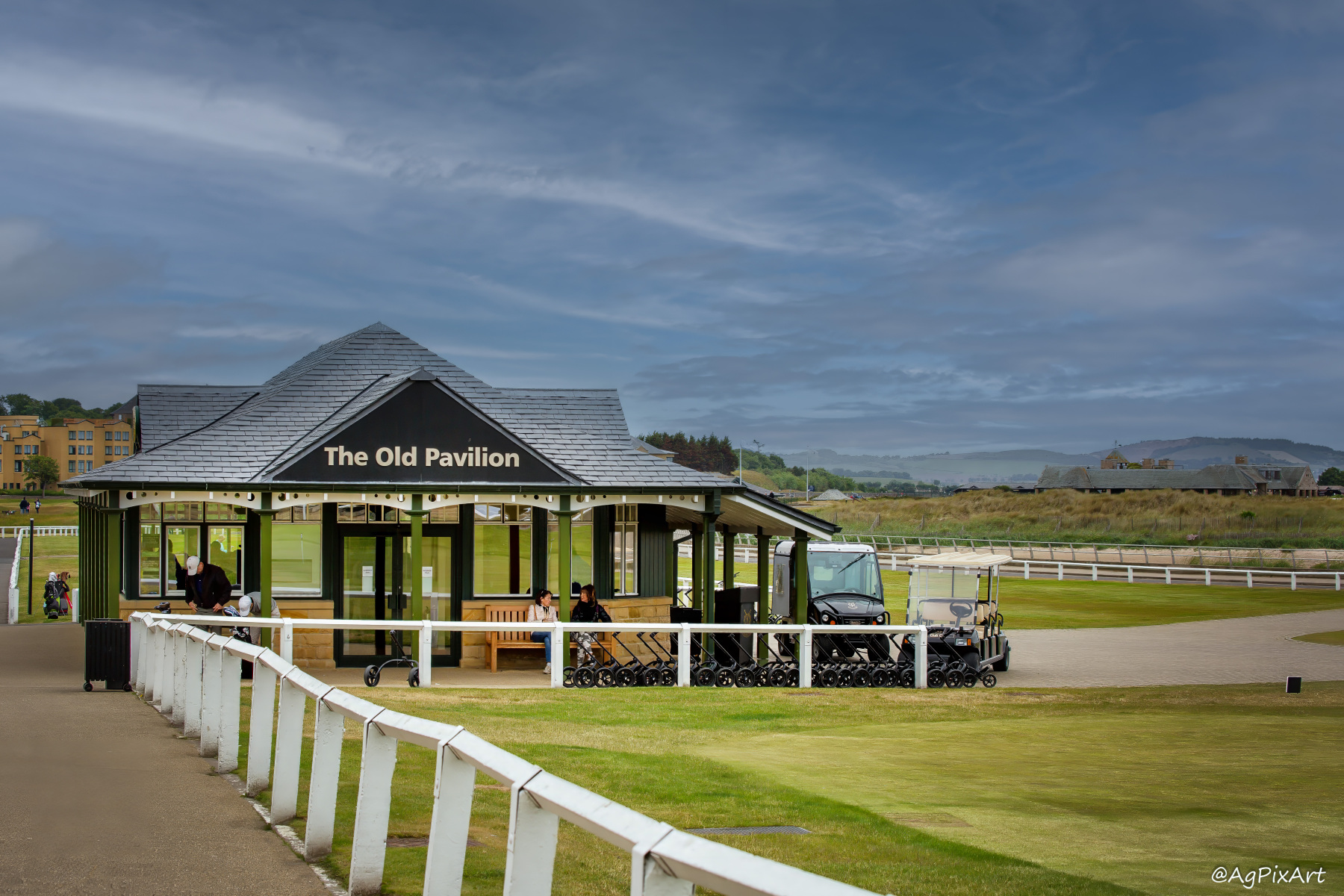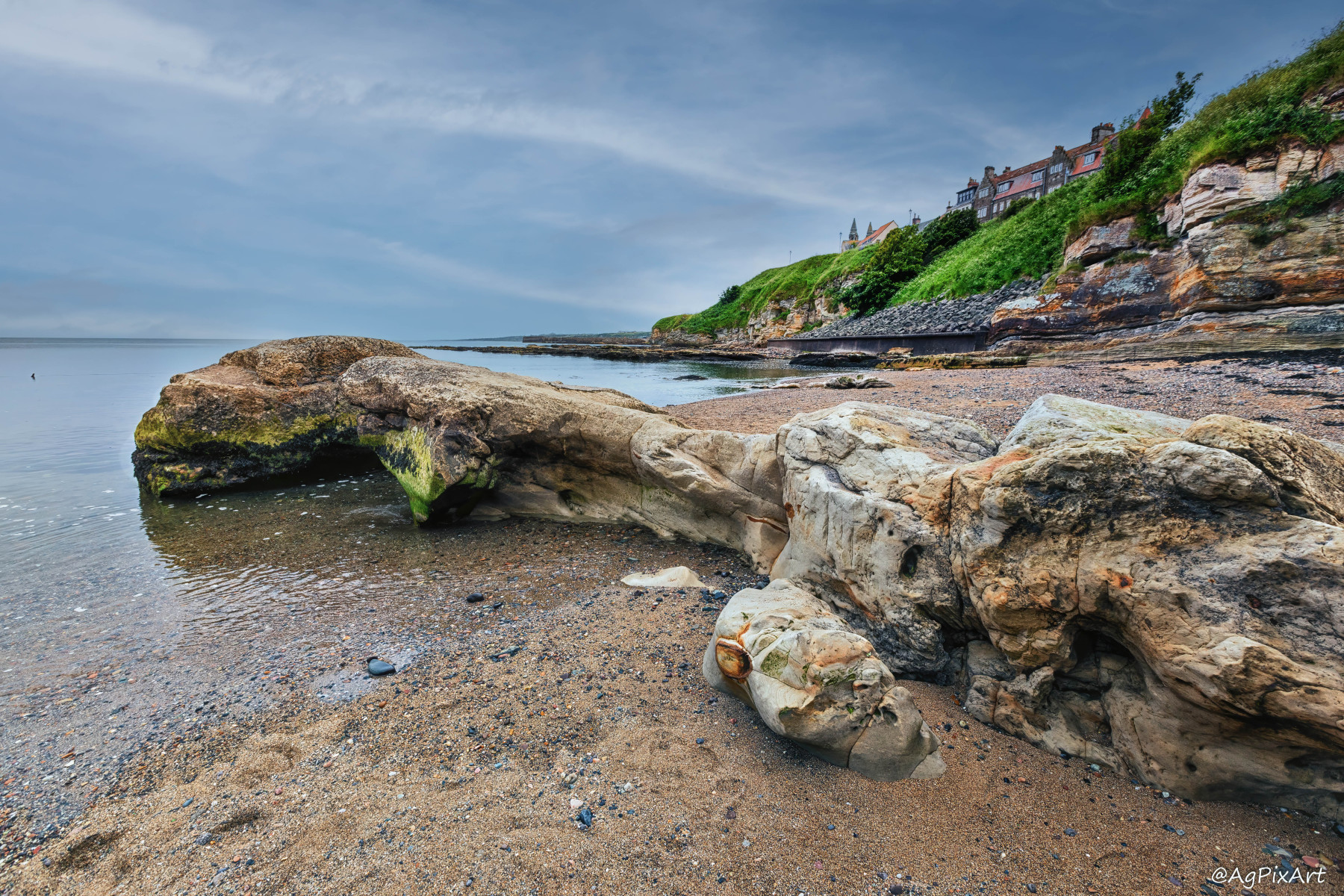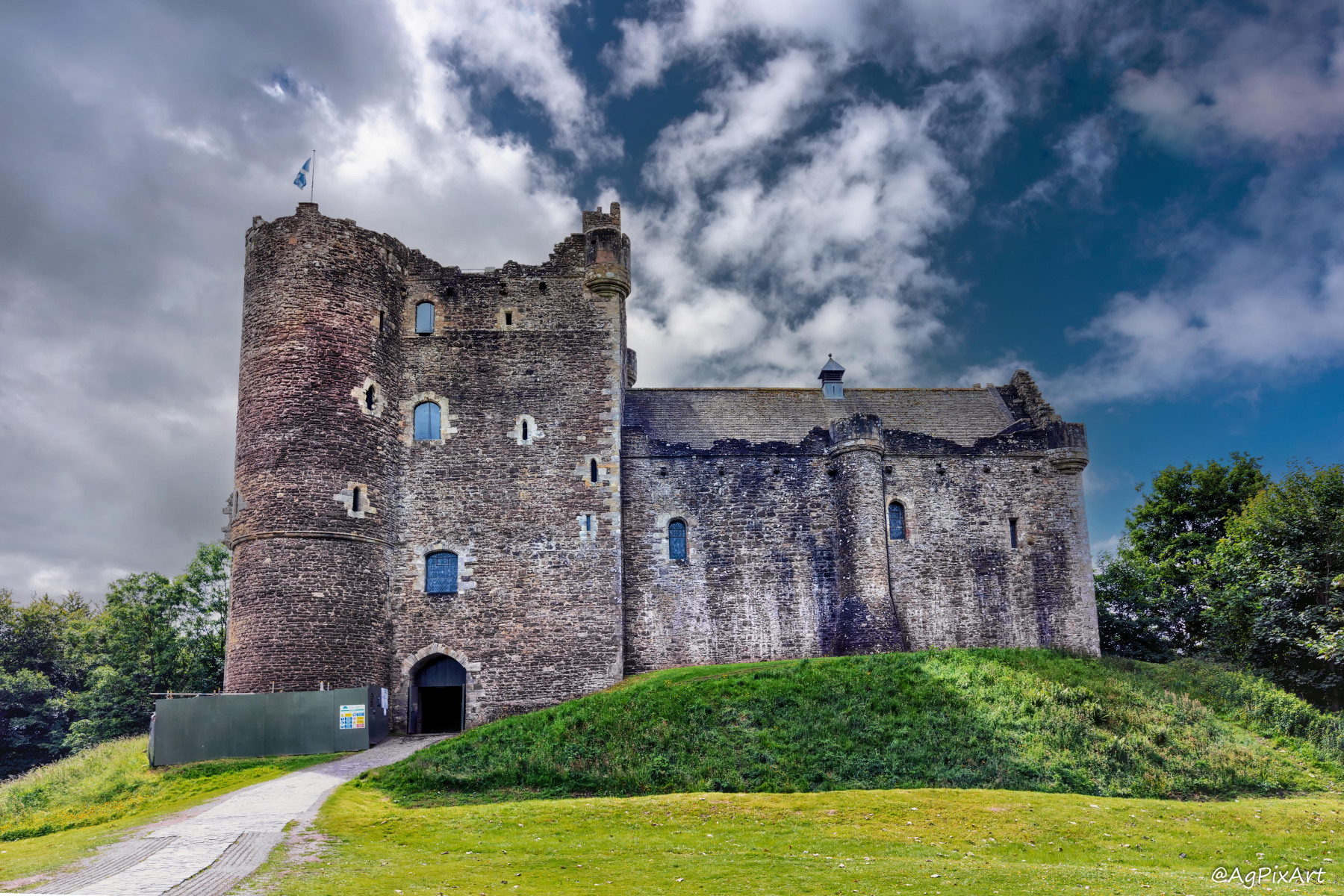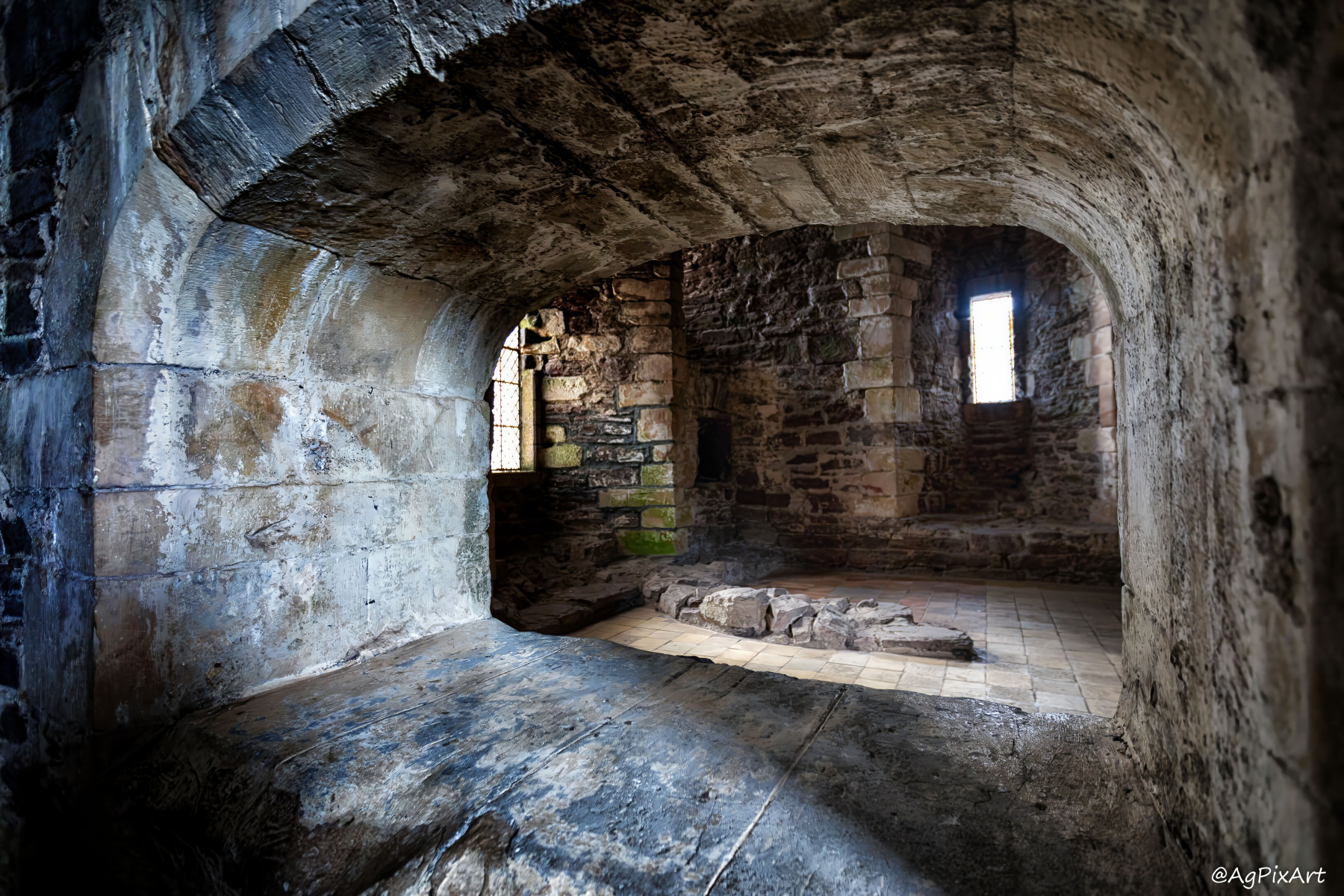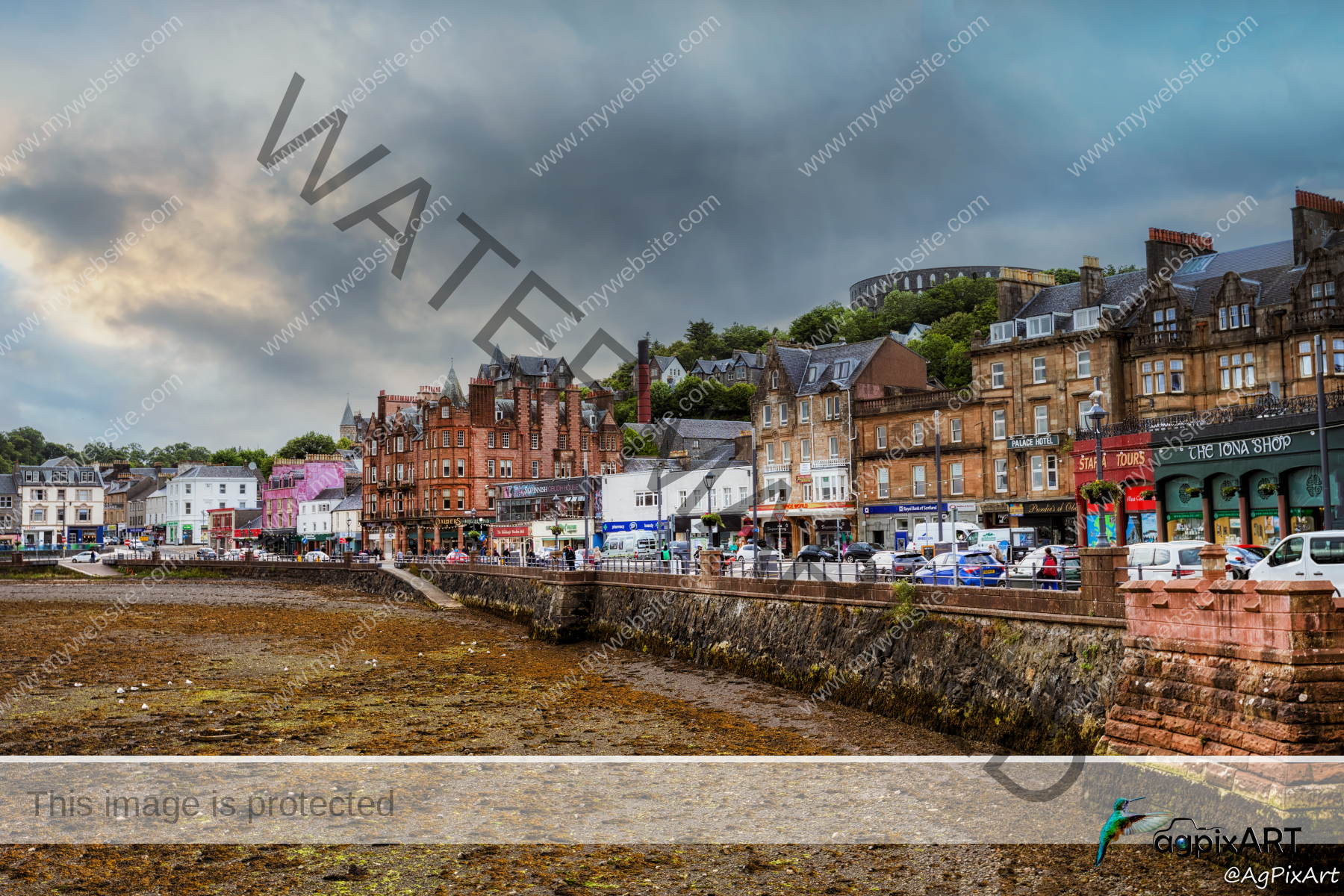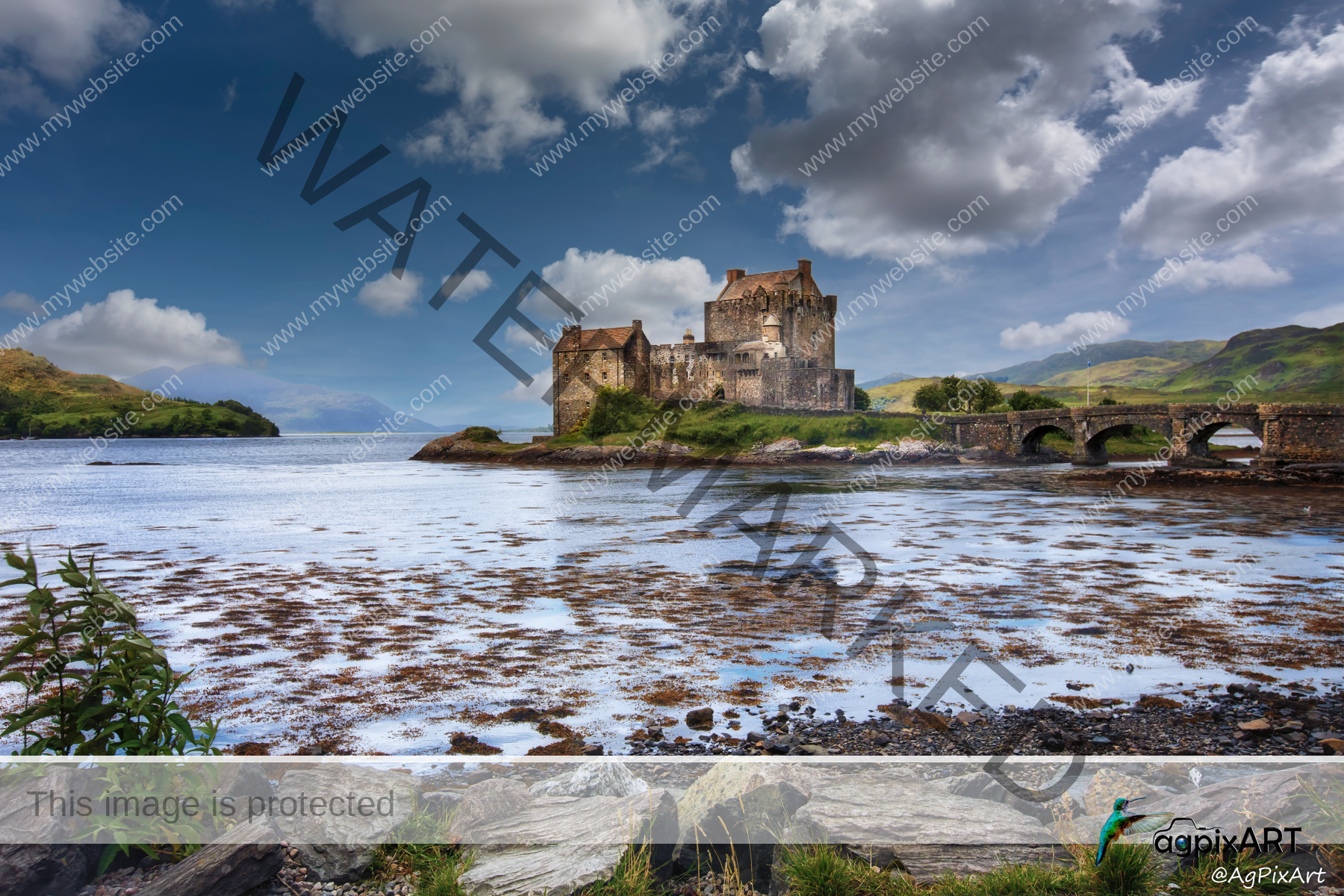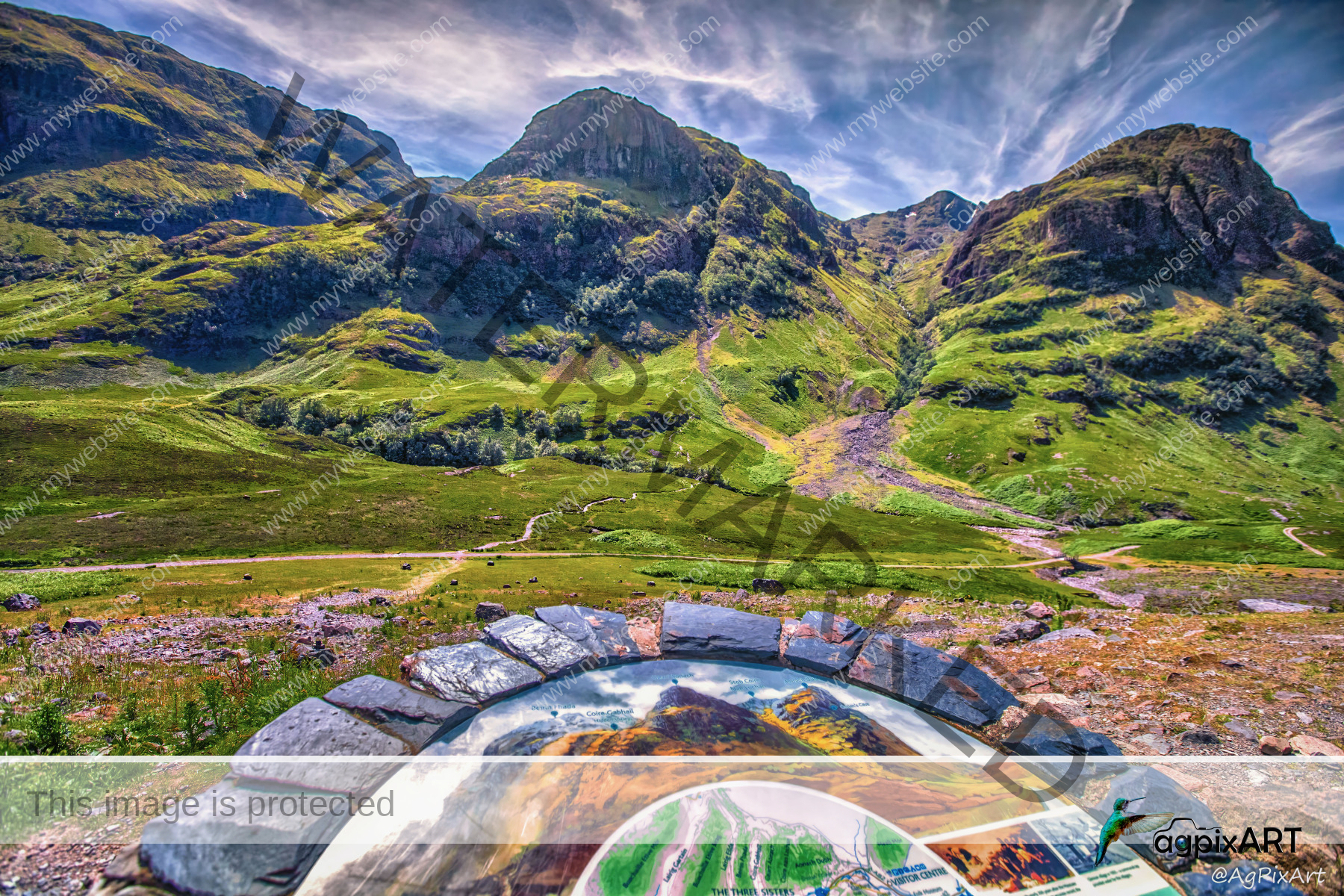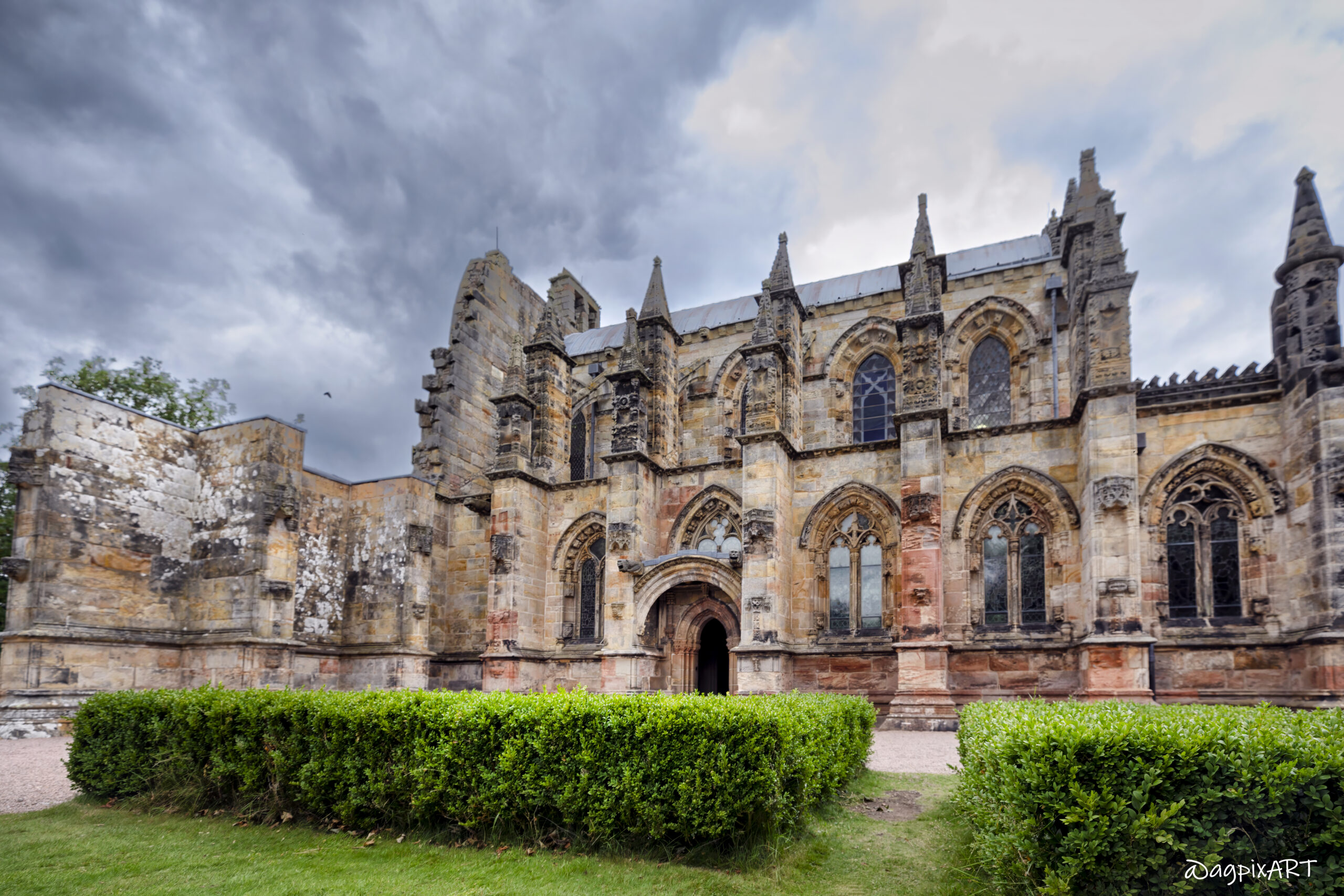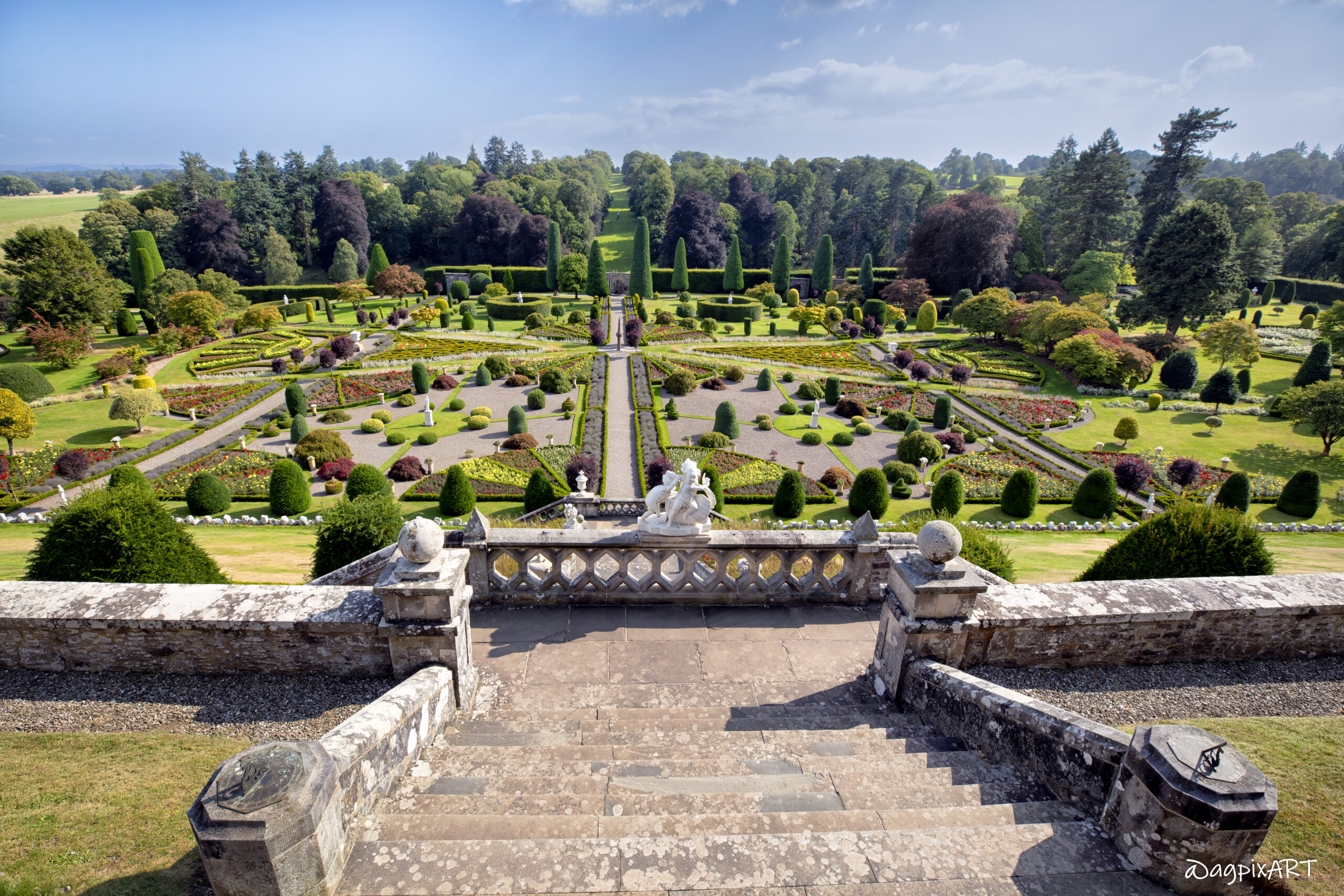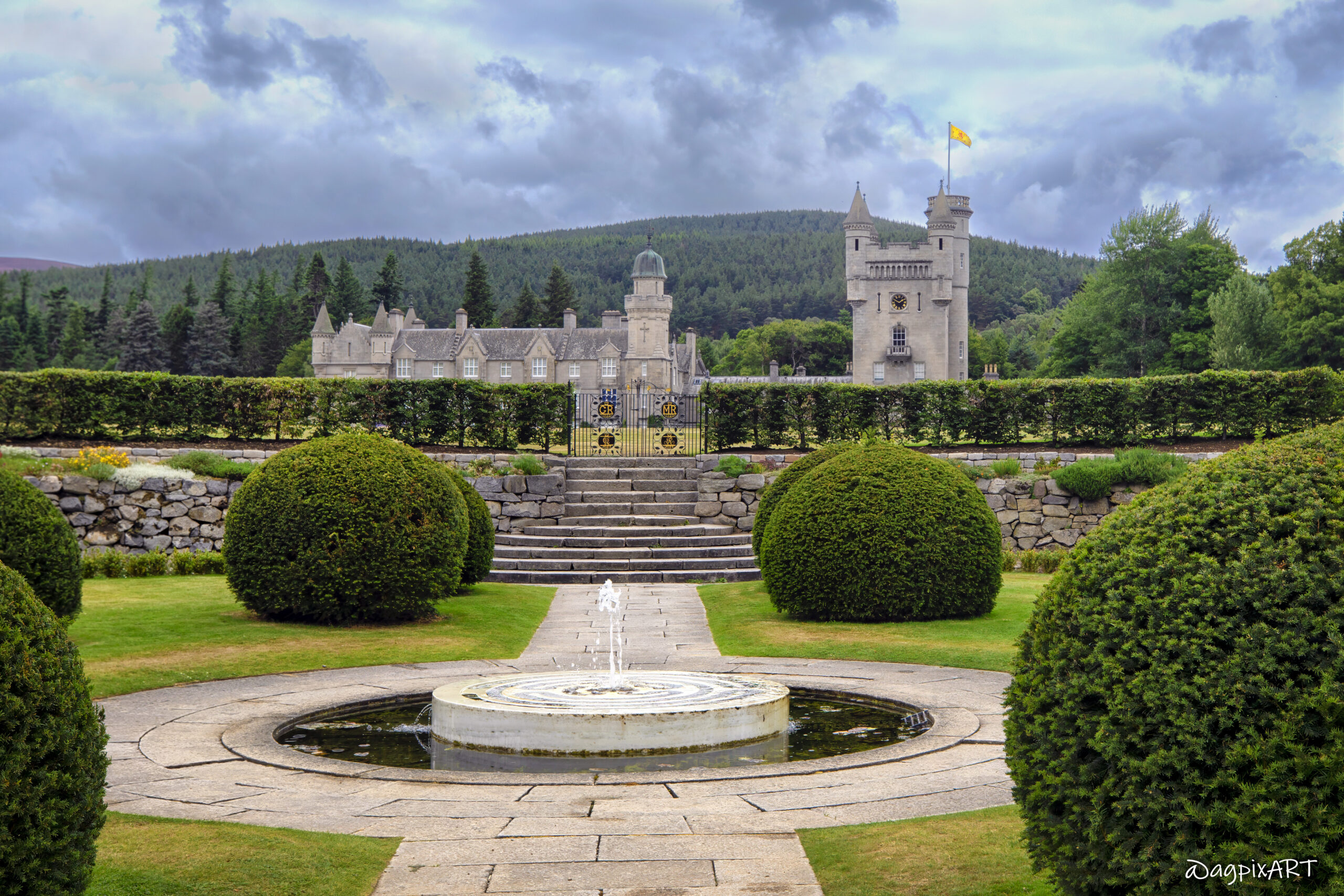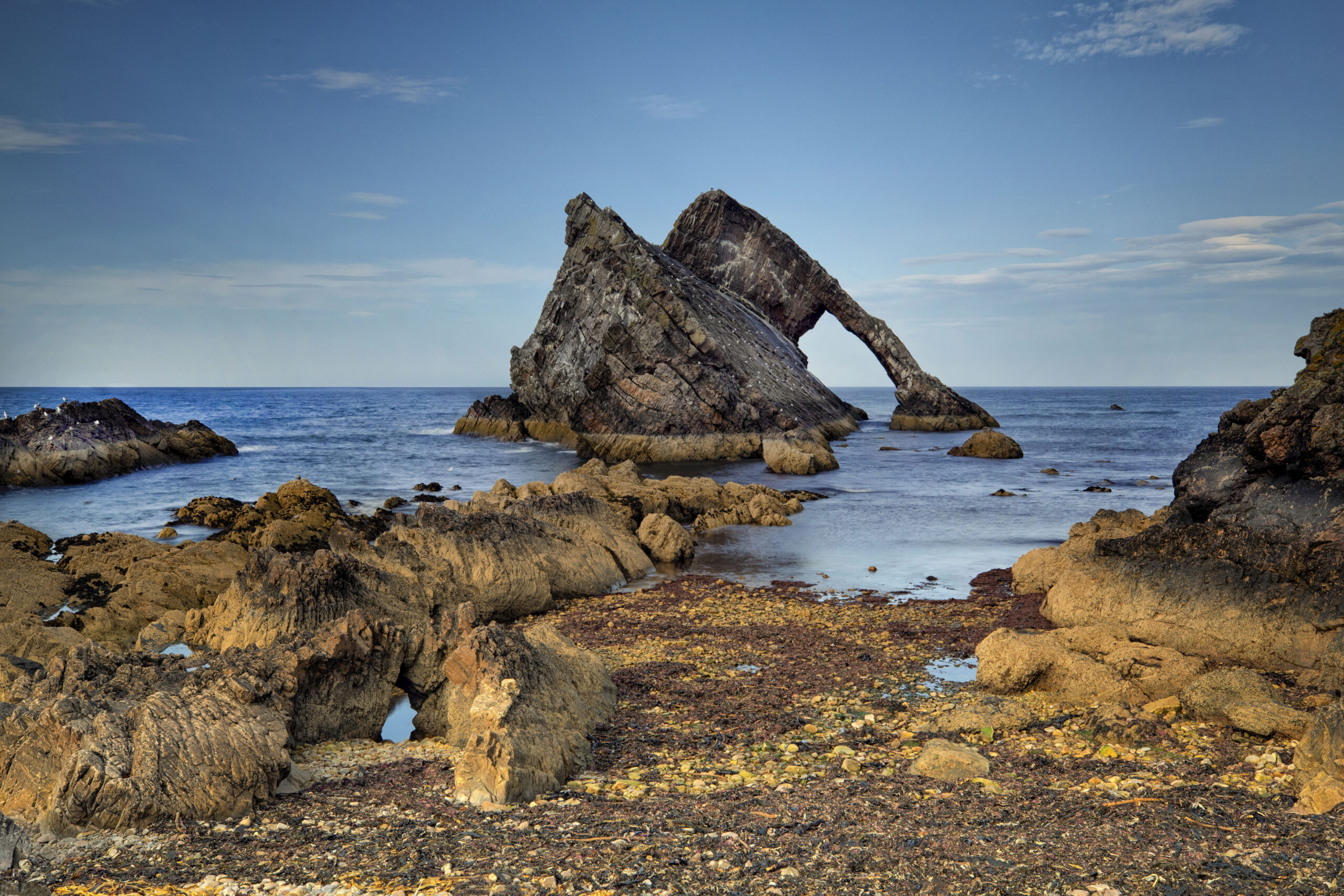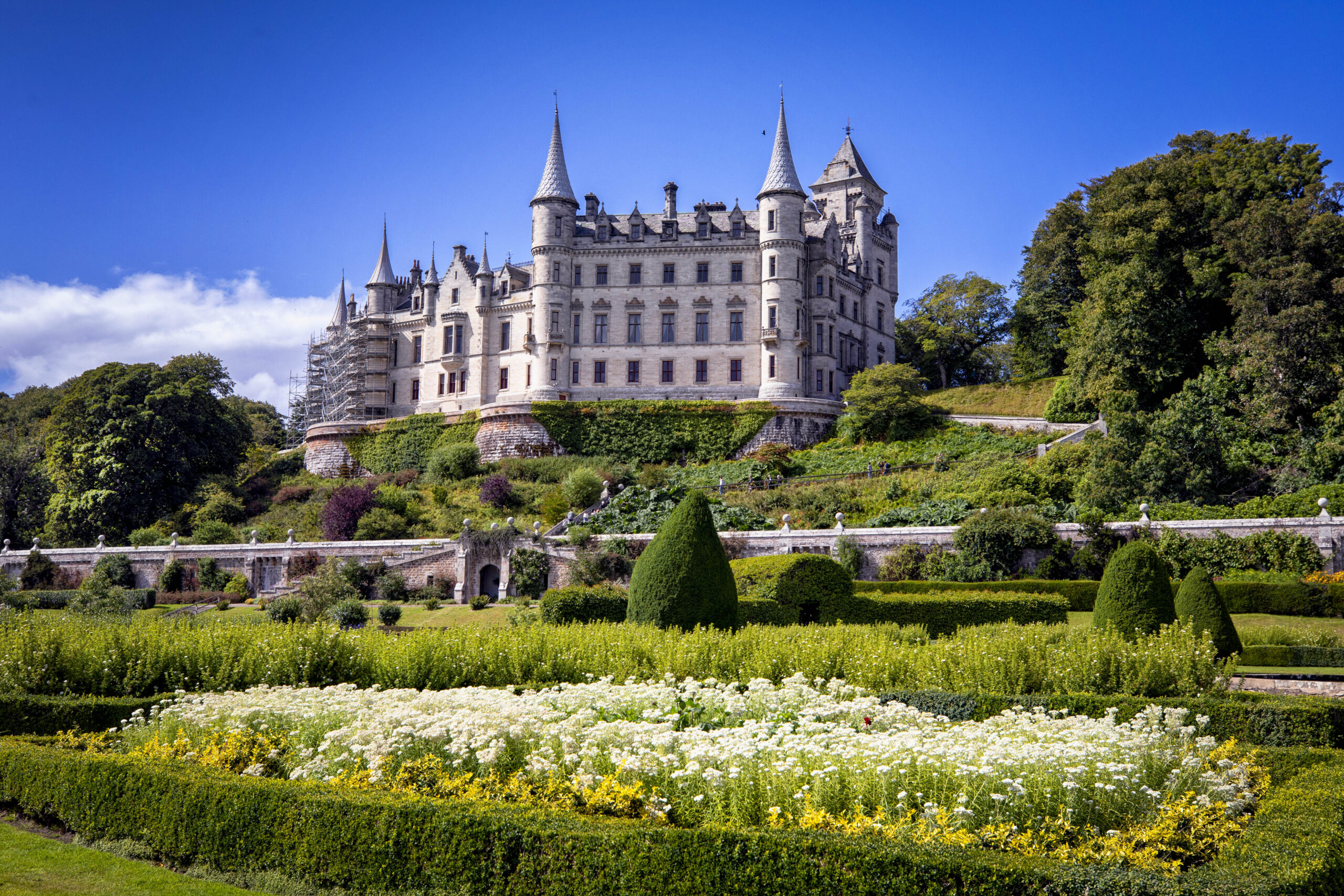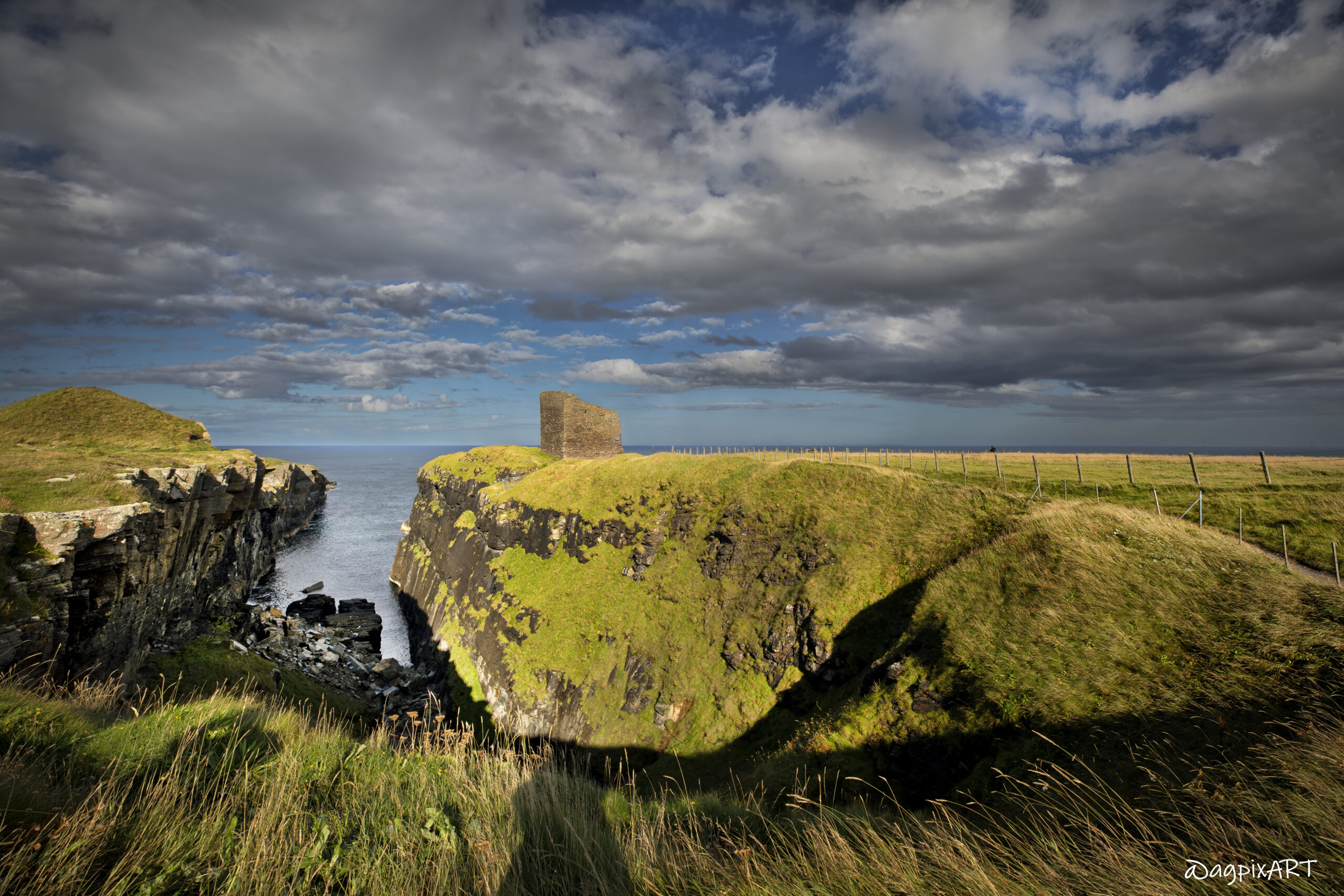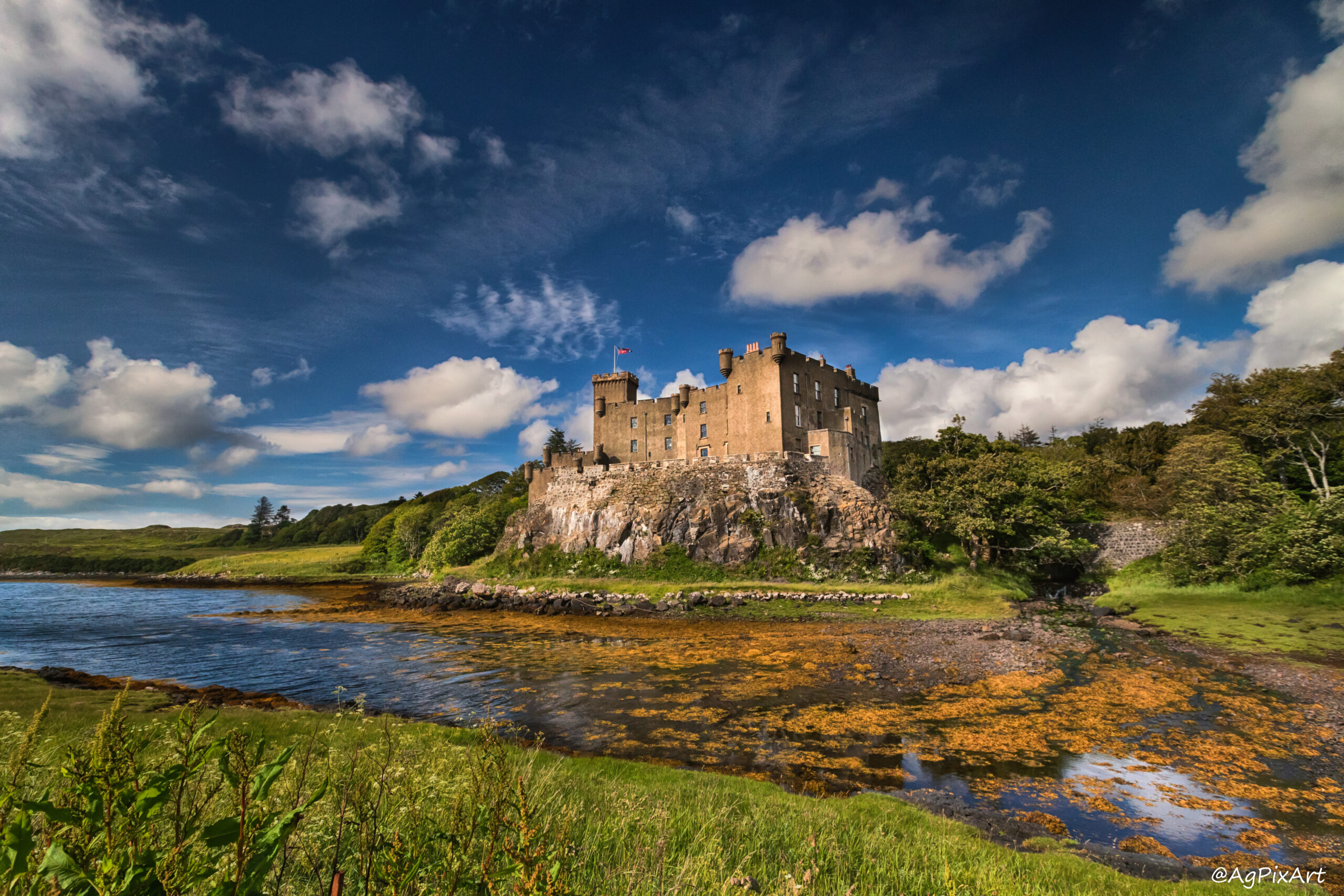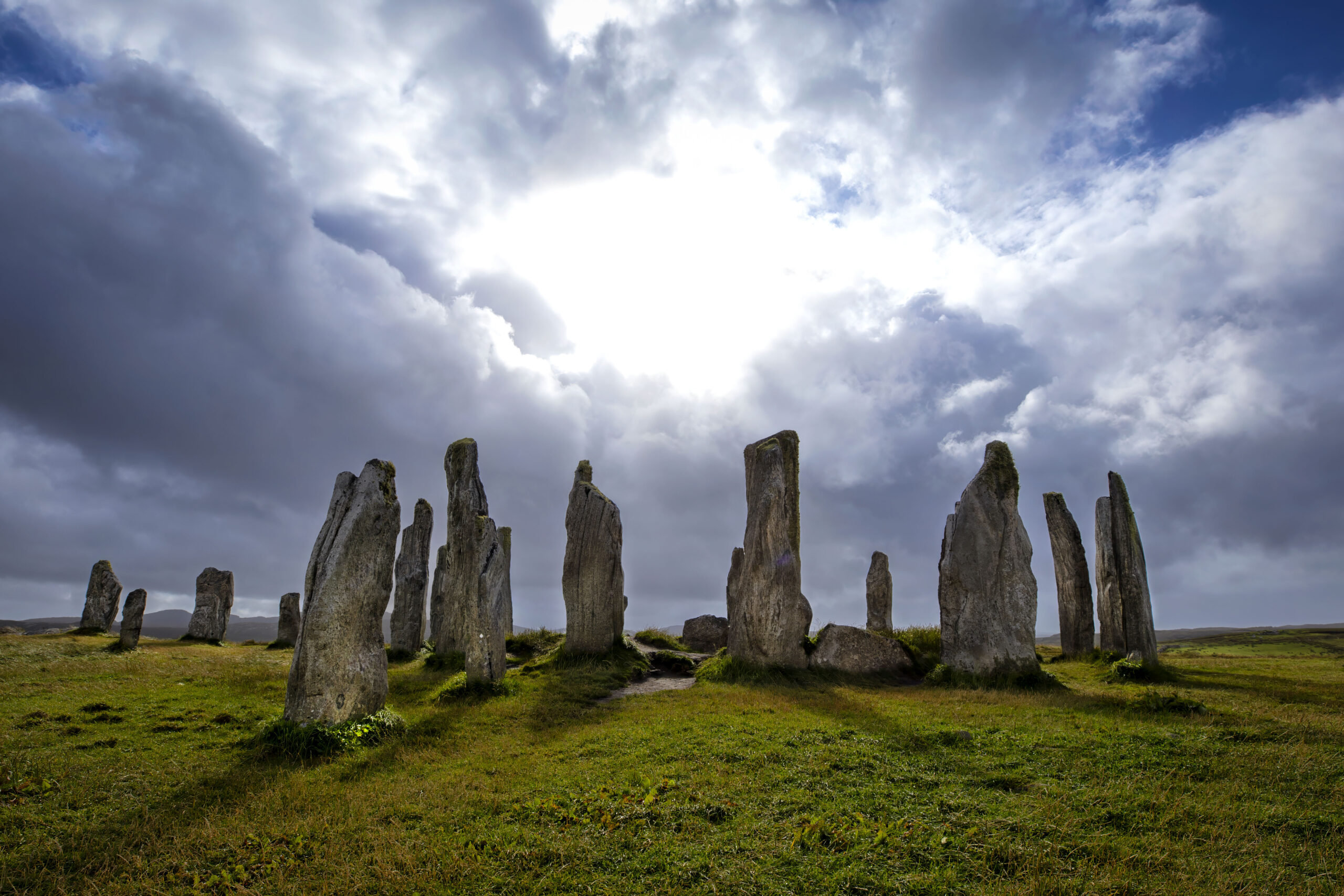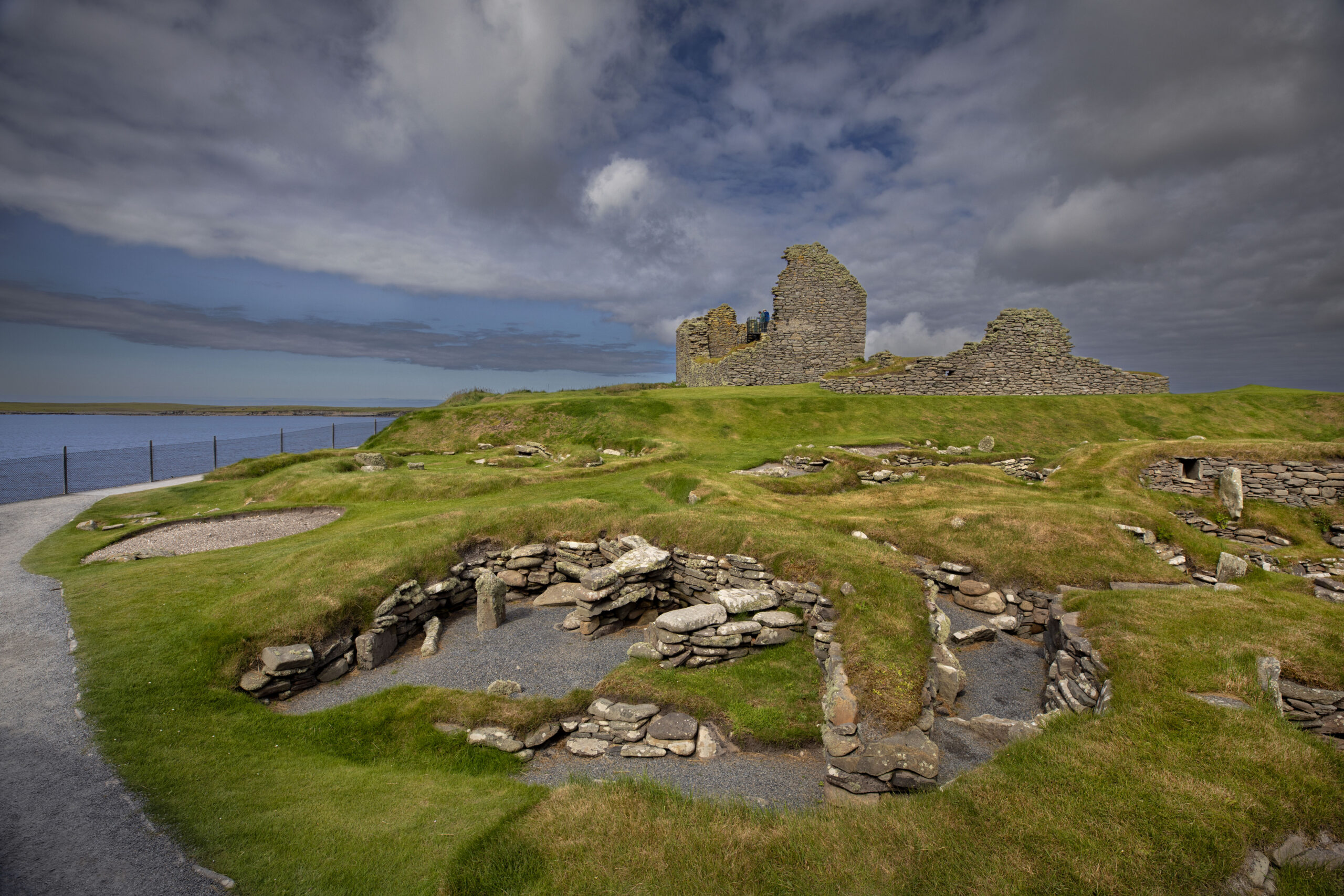Scotland
Scotland, a constituent country of the United Kingdom, is located in the northern third of the island of Great Britain. It shares a land border with England to the south and is surrounded by the Atlantic Ocean, North Sea, and Irish Sea.
Scotland
Land of the Brave
Step into Scotland’s enchanting embrace, where ancient history and vibrant myths weave seamlessly with stunning landscapes—sparkling lochs, rolling glens, and majestic Munros, all infused with deep Celtic roots. With a population of about 5.5 million, Scotland blends the lively pulse of cities like Edinburgh (the capital), Glasgow, and Aberdeen with the untamed beauty of its rugged Highlands, fertile Lowlands, and over 790 islands, including Skye and Orkney. Its rich culture shines through traditions like Highland games, iconic tartans, and world-class whisky, alongside literary giants like Robert Burns and Sir Walter Scott, philosophical trailblazers like David Hume, and scientific pioneers like James Clerk Maxwell. Celebrations like Hogmanay and the Edinburgh Fringe, the world’s largest arts festival, draw global crowds. Scotland’s timeless charm and accessible wonders make it the perfect place to explore and lose yourself.
Scotland
TidBits Tabs – Know Before Trip
(click on the tab to open/close)

A local SIM card for affordable data, calls, and texts OR alternative and convenient eSIM.
Phone: SIM card – Main companies are EE, Vodafone, Three Mobile, Giffgaff & Lebara,
eSIM Data Options – Purchase online, activate via QR code before or upon arrival.
c. 3000 BCE – Construction of Neolithic sites like Skara Brae and Maeshowe in Orkney.
c. 1st Century CE – Roman invasions begin; Hadrian’s Wall built (122 CE) to mark and defend the northern border of Roman controlled Britannia.
c. 5th Century -Picts dominate, forming early kingdoms; Christianity introduced by St. Ninian.
843 CE – Kenneth MacAlpin unites Picts and Scots, founding the Kingdom of Alba, early Scotland.
1296-1328 – First War of Scottish Independence; key figures include William Wallace and Robert the Bruce. Battle of Bannockburn (1314) secures independence.
1320 – Battle of Flodden; catastrophic defeat for Scotland, with King James IV killed.
1560 – Scottish Reformation establishes Protestantism, led by John Knox; Catholic influence wanes.
1603 – Union of the Crowns; James VI of Scotland becomes James I of England after Elizabeth I’s death.
1707 – Acts of Union merge Scotland and England into Great Britain, dissolving the Scottish Parliament.
1745-1746 – Jacobite Rising led by Bonnie Prince Charlie; defeated at Culloden, ending Jacobite claims.
18th-19th Century – Scottish Enlightenment; thinkers like David Hume and Adam Smith shape philosophy, economics, and science.
19th Century – Industrial Revolution transforms Scotland; Glasgow becomes a shipbuilding and trade hub.
World War I (1914–1918) – Over 557,000 Scots enlisted; 74,000–100,000 died. Kilted regiments fought at Somme, Passchendaele.
World War II (1939–1945) – 400,000 Scots served; 51st Highland Division at Dunkirk, D-Day.
1941 – Polish exiles formed the 1st Independent Polish Parachute Brigade in Leven with the training base at Largo House in Upper Largo, Fife, now derelict. The brigade fought at Arnhem in 1944.
1999 – Scottish Parliament re-established via devolution, regaining control over domestic affairs.
2014 – Scottish Independence Referendum; 55% vote to remain in the UK, 45% for independence.

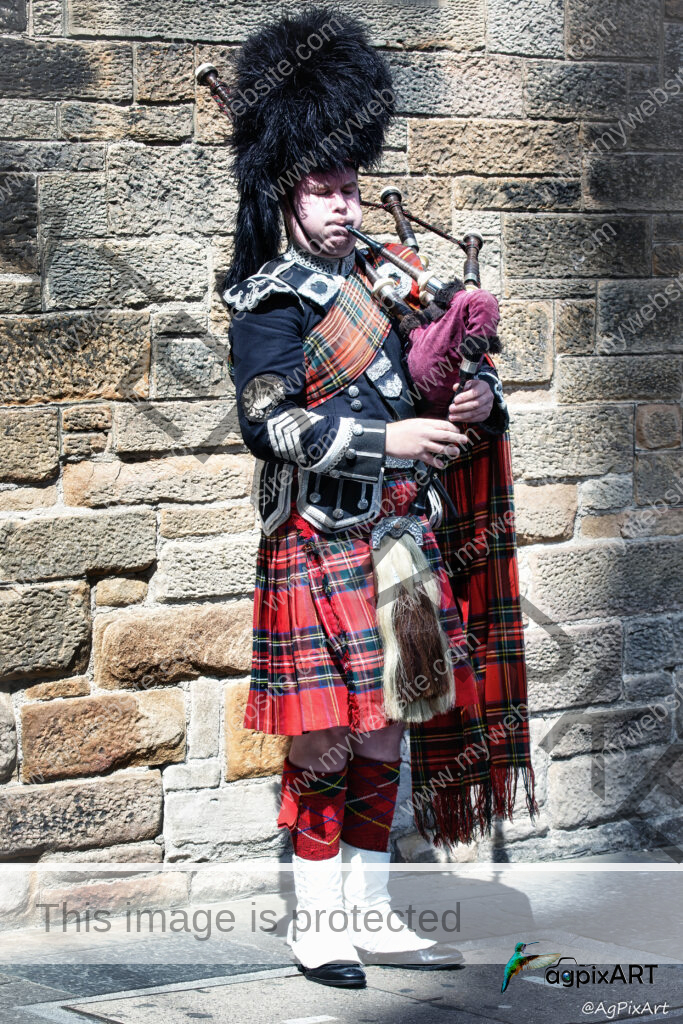
Instructions for proofing and comments:
Left-click on the photo to access options for title information (i), leave comment, or mark the photo(s) as the favorite. The option to submit the selected as favorite photos is under “Submit proofs” button under photo gallery.
Image Info
Comment
Favorite
Sample Photos from Scotland
If you see this after your page is loaded completely, leafletJS files are missing.
If you see this after your page is loaded completely, leafletJS files are missing.
